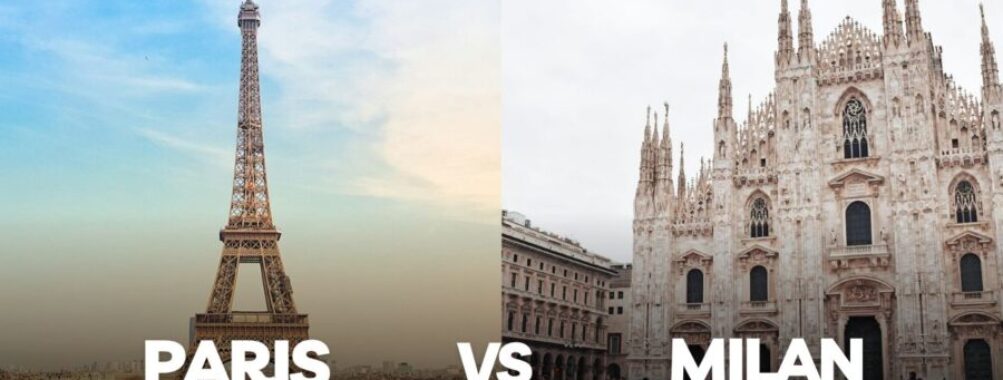
Paris vs Milan: Epic Battle of Europe’s Most Stylish Cities in 2025
Paris and Milan are two of Europe’s most captivating cities, each with unique charm and appeal. Both cities draw millions of visitors each year with their mix of history, fashion, art, and culture.
Paris costs a bit more than Milan, with higher prices for hotels, dining, and tourist activities due to its status as the world’s most-visited destination. The extra expense comes with endless iconic sights like the Eiffel Tower and Louvre that Milan can’t match.
Weather plays a key role in deciding between these cities. Spring brings similar sunshine to both places, with Paris getting 172 hours and Milan seeing 176 hours of sun. Milan gets more rain in April with 76mm compared to Paris’s 50mm, which might affect travel plans.
Contents
- Historical Overview
- The Legacy of Paris
- Milan Through the Ages
- Art and Museums
- Artistic Paris
- Milan’s Art Scene
- Fashion and Shopping
- Paris: The Fashion Capital
- Milan’s Stylish Streets
- Architecture and Landmarks
- Parisian Architectural Marvels
- Milan’s Architectural Heritage
- Culture and Lifestyle
- The Essence of Parisian Culture
- Milan’s Cultural Tapestry
- Culinary Experiences
- Gourmet Paris
- Milanese Cuisine
- Recreation and Entertainment
- Fun in Paris
- Milan’s Entertainment Options
- Travel and Accommodations
- Staying in Paris
- Milan’s Accommodation Choices
- Cost of Living and Budgeting
- Paris: Spending Smart
- Budgeting for Milan
- Hidden Gems and Lesser-Known Attractions
- Paris Off the Beaten Path
- Milan’s Undiscovered Spots
- Frequently Asked Questions
- Which city, Paris or Milan, should I visit for a better fashion experience?
- How does the cost of living compare between Paris and Milan?
- How do Paris and Milan differ in city size and population?
- Can you highlight the main differences in fashion culture between Paris and Milan?
- Which city, Paris or Milan, boasts a more vibrant arts and cultural scene?
- Is there a significant difference in travel expenses when comparing Paris to Milan?
- More Travel Guides
Historical Overview
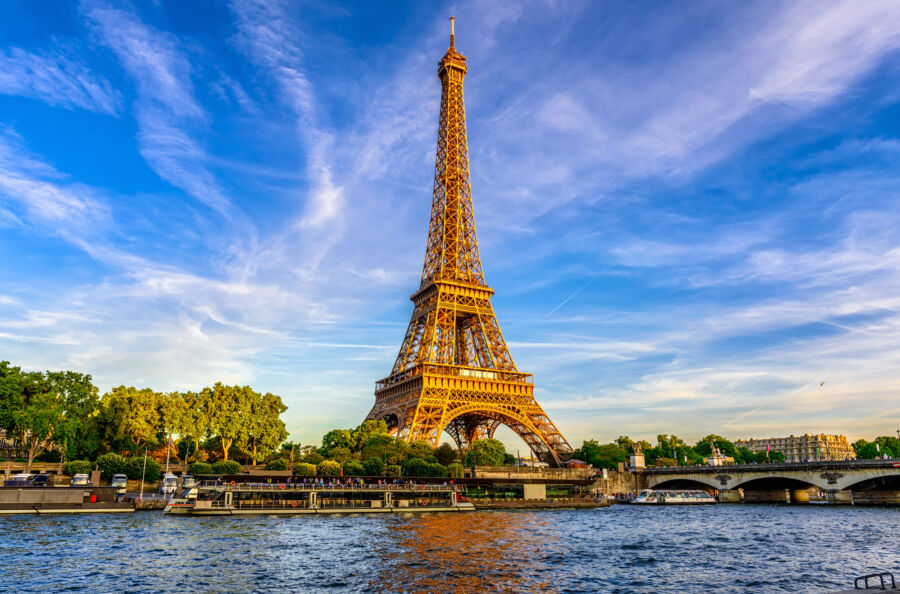
Paris and Milan are two of Europe’s most influential cities. Each has centuries of fascinating history shaped by art, culture, and architecture. These metropolitan giants have evolved from medieval towns into modern cultural capitals.
The Legacy of Paris

The City of Light traces its roots to a small Celtic settlement on the Seine River. The Eiffel Tower, built in 1889, transformed Paris’s skyline and became its most famous symbol. Despite the 2019 fire, Notre-Dame Cathedral remains a testament to medieval architecture and religious heritage.
The Arc de Triomphe watches over the city from its central location, commemorating Napoleon’s victories. Since 1836, the monument has seen Paris through revolutions, wars, and celebrations.
Paris grew from a royal capital into a global art, fashion, and culture center. Its streets tell stories of the French Revolution, the Belle Époque, and countless artistic movements.
Milan Through the Ages

Milan’s story begins as a Roman city named Mediolanum. The mighty Duomo Cathedral, which took nearly six centuries to complete, showcases the city’s dedication to architectural excellence.
The Castello Sforzesco served as both a military fortress and a ducal residence. Today, it houses important art collections and museums that highlight Milan’s rich past.
Milan survived countless invasions and emerged as Italy’s industrial powerhouse. The city’s transformation from a medieval duchy to a fashion capital reflects its ability to adapt while preserving its historic charm.
Through wars and the Renaissance periods, Milan maintained its position as northern Italy’s most important city. Its ancient Roman walls and medieval churches stand alongside modern skyscrapers.
Art and Museums

Paris and Milan stand as powerhouses of artistic heritage, each offering unique museum experiences that showcase masterpieces from different eras and movements.
Artistic Paris
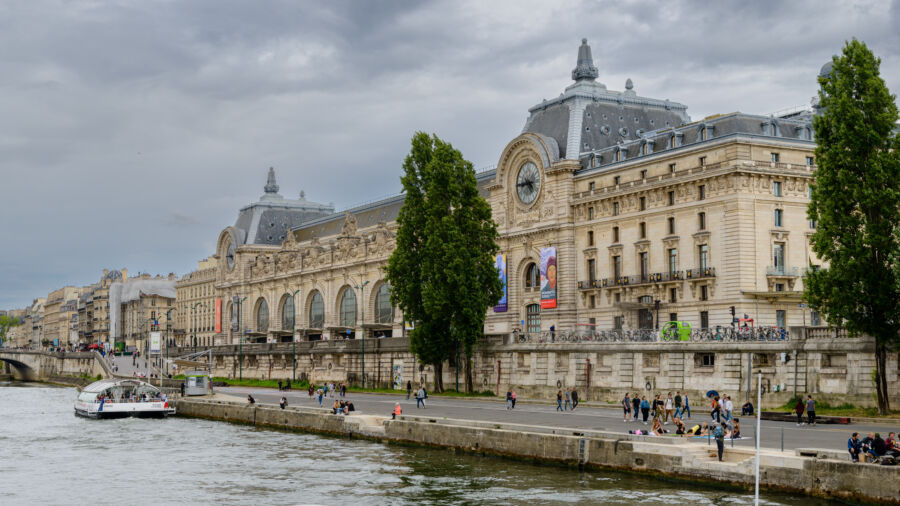
The Louvre is Paris’s largest art museum. It houses over 380,000 pieces, including the Mona Lisa, drawing millions of visitors each year. You’ll need at least half a day to explore even a fraction of its vast collections.
The Musée d’Orsay, set in a former train station, specializes in Impressionist art. Its collection includes famous works by Monet, Van Gogh, and Renoir. The building itself is a work of art, with its stunning clock face and natural lighting.
The Centre Pompidou adds a modern twist to Paris’s art scene. Its unique inside-out architecture houses Europe’s largest collection of modern art.
Milan’s Art Scene
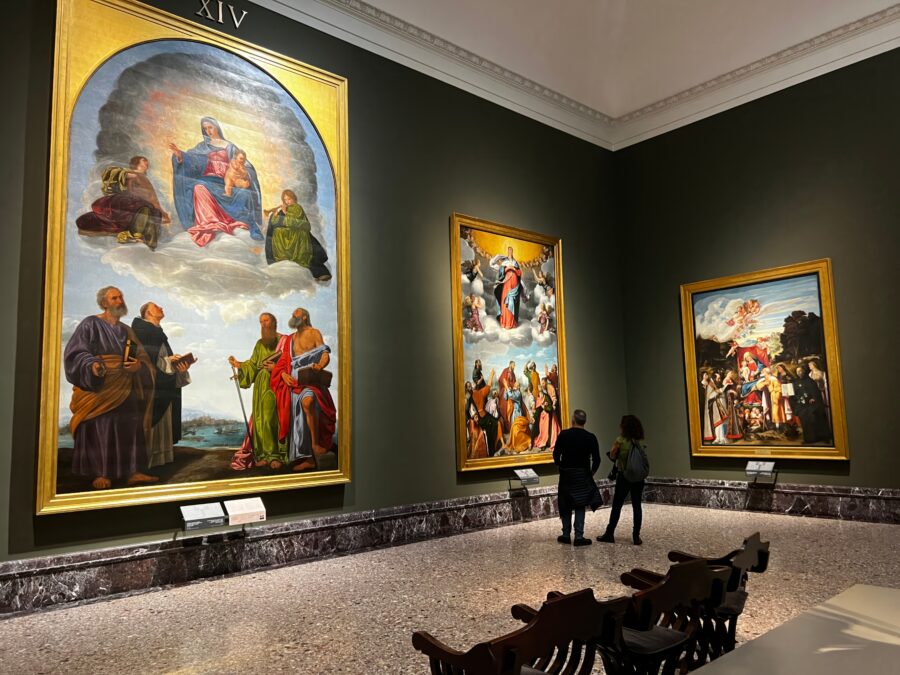
The Pinacoteca di Brera is Milan’s premier art gallery. It showcases an impressive collection of Italian paintings, including works by Caravaggio and Raphael. The gallery is located in a historic palace alongside Milan’s main art school.
Leonardo da Vinci’s The Last Supper at Santa Maria delle Grazie church stands as Milan’s most famous artwork. Visitors must book tickets months in advance to see this masterpiece.
The Museo del Novecento offers a deep dive into 20th-century Italian art. Its location near the Duomo provides stunning views of the cathedral while you explore modern masterpieces.
Fashion and Shopping
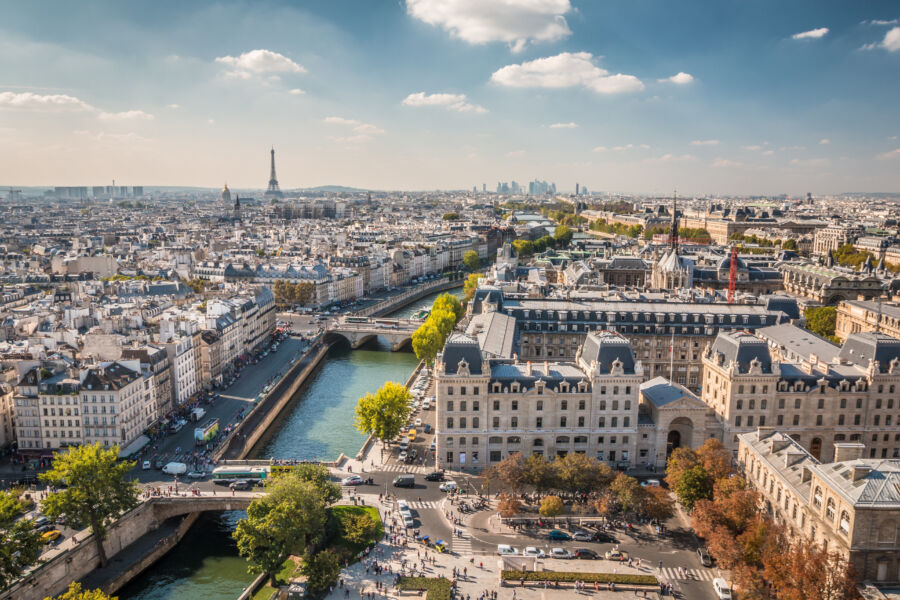
Paris and Milan are Europe’s premier fashion destinations, each offering unique shopping experiences in luxury boutiques and designer flagship stores.
Paris: The Fashion Capital

The glamorous Champs-Élysées and Le Marais districts showcase the finest French fashion houses. Louis Vuitton, Chanel, and Dior maintain their flagship stores here, attracting fashion enthusiasts year-round.
The city hosts Paris Fashion Week twice annually, drawing top designers, celebrities, and style mavens from across the globe. These events shape worldwide fashion trends and reinforce Paris’s status as a style leader.
Small boutiques in Saint-Germain-des-Prés offer unique pieces from emerging designers. This artistic neighborhood offers everything from haute couture to vintage treasures.
Milan’s Stylish Streets

The Quadrilatero della Moda features Via Monte Napoleone, Milan’s most prestigious shopping street. Italian powerhouses like Prada, Gucci, and Versace display their latest collections here.
The historic Galleria Vittorio Emanuele II houses high-end shops beneath stunning glass-vaulted ceilings. This architectural marvel serves as both a shopping destination and a popular meeting spot.
Milan Fashion Week transforms the city into a runway spectacle each season. The event showcases Italian craftsmanship and design innovation and draws fashion industry professionals worldwide.
Local designers operate intimate ateliers throughout the Brera district, offering personalized shopping experiences and made-to-measure clothing.
See Related: Rome vs Milan: Key Differences That Will Shape Your Italian Adventure
Architecture and Landmarks
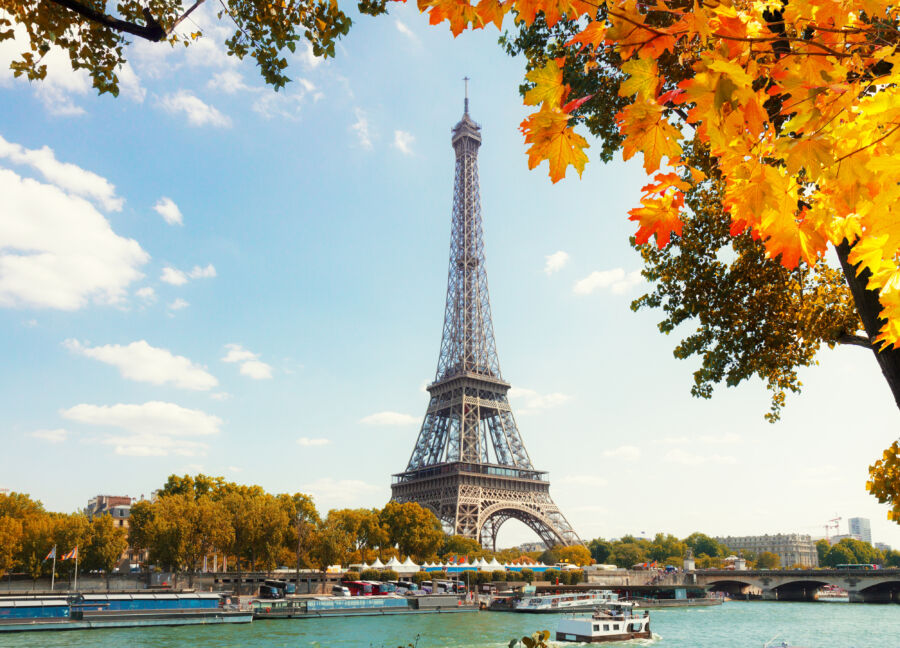
Both cities showcase incredible architectural treasures that span centuries of design and cultural influence. The distinct styles reflect each city’s unique history and artistic heritage.
Parisian Architectural Marvels
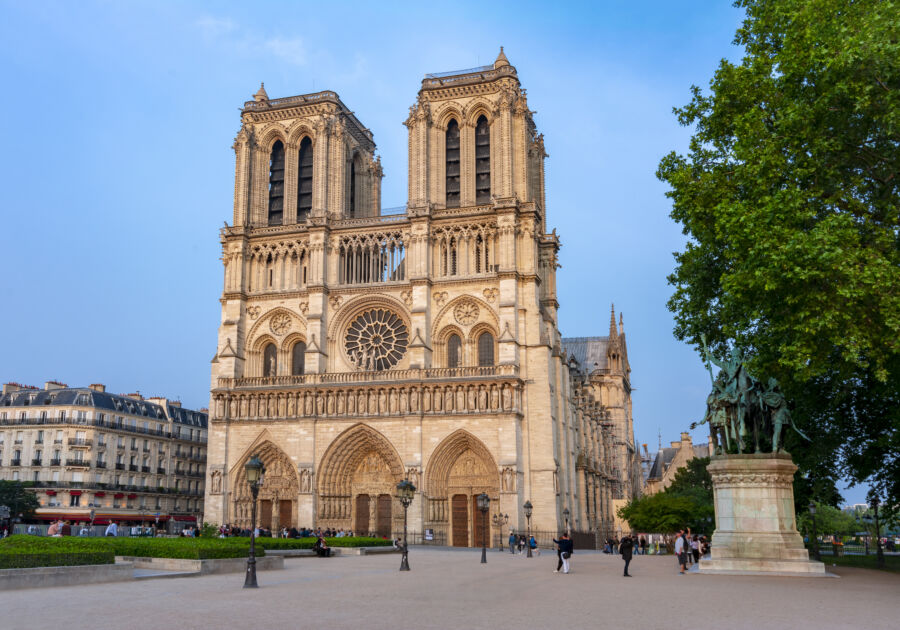
The Eiffel Tower stands as Paris’s most iconic structure, reaching 324 meters into the sky. Its iron lattice design revolutionized architecture when it was built in 1889.
Most streets are lined with elegant Haussmann buildings, with their cream-colored stone facades and wrought-iron balconies. These buildings give Paris its uniform, romantic appearance.
Even as it undergoes restoration, the Gothic Notre-Dame Cathedral amazes visitors with its flying buttresses and gargoyles. Nearby, Sainte-Chapelle dazzles with its 15-meter-high stained glass windows.
Milan’s Architectural Heritage
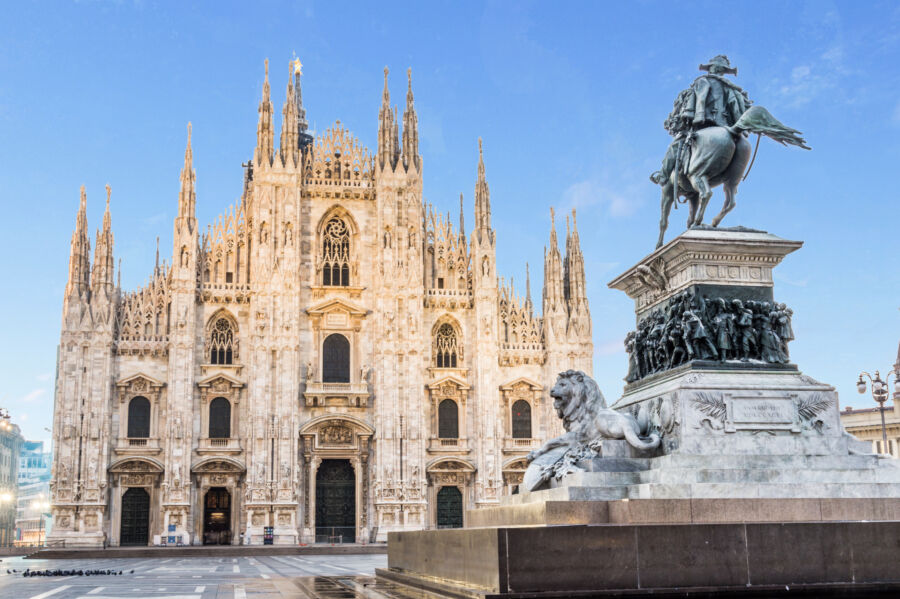
The Milan Cathedral (Duomo) dominates the city center with its stunning Gothic spires and marble facade. It took nearly six centuries to complete and features 135 spires and 3,400 statues.
The Galleria Vittorio Emanuele II represents one of the world’s oldest shopping malls, with its magnificent glass dome and mosaic floors. Built in 1877, it connects Duomo Square to La Scala.
Teatro alla Scala opera house showcases neoclassical grandeur with its ornate interior and perfect acoustics. The nearby Sforza Castle displays medieval military architecture with its thick walls and imposing towers.
Culture and Lifestyle
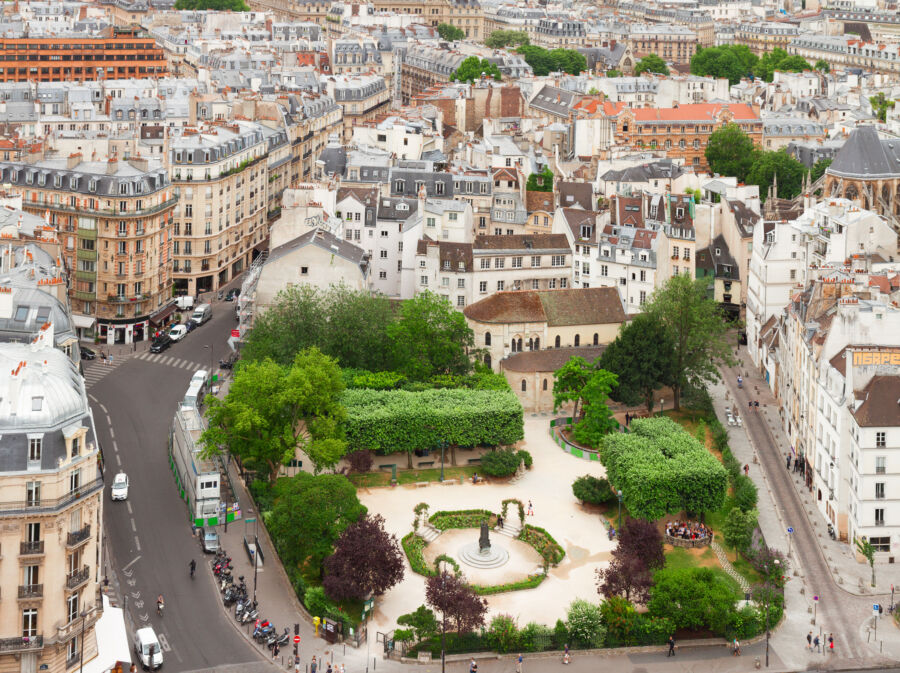
Paris and Milan showcase distinct cultural identities shaped by centuries of art, fashion, and social traditions, with each city offering unique ways of experiencing daily life.
The Essence of Parisian Culture

Life in Paris moves at a relaxed pace, centered around the art of living well. The café culture remains a cornerstone of daily life, with locals spending hours at sidewalk terraces sipping espresso and watching the world go by.
The Seine River banks come alive each evening as people gather for impromptu picnics and music. Romance fills the air in hidden courtyards and cobblestone streets, where couples stroll hand in hand.
Parisians embrace long lunches and late dinners, treating meals as social events rather than quick necessities. Small bistros serve as second living rooms where friends meet to share wine and conversation.
Milan’s Cultural Tapestry

Milan pulses with energy from sunrise to late night. The Navigli district transforms from a quiet canal-side neighborhood by day to a buzzing nightlife hub after dark, filled with aperitivo bars and live music venues.
Family ties run deep in Milan’s culture, with Sunday lunches remaining an important tradition. Locals take pride in their city’s reputation for style, dressing elegantly even for casual outings.
The work-hard-play-hard mindset defines Milanese life. People start their days early with quick espressos at standing-room-only cafes, then work late before enjoying extended evening social hours with friends.
Culinary Experiences

Both cities offer distinct culinary traditions that showcase the best French and Italian gastronomy, from Michelin-starred restaurants to charming local bistros and trattorias.
Gourmet Paris

Paris is a global culinary capital with over 100 Michelin-starred restaurants. Each morning, the city’s boulangeries fill the air with the scent of fresh croissants and baguettes.
Classic French bistros serve beloved dishes like coq au vin and beef bourguignon. You’ll find perfect steak-frites at neighborhood cafes and delicate macarons at famous patisseries like Ladurée.
The city’s food markets, like Marché Bastille, let you sample fresh cheeses, charcuterie, and seasonal produce. Local wine bars offer expert-picked French wines paired with small plates.
Milanese Cuisine

Milan’s food scene centers on rich Northern Italian flavors. The city’s signature dish, risotto alla Milanese, features saffron-infused Arborio rice that turns a beautiful golden color.
Traditional osterie serve hearty plates of osso buco and cotoletta alla Milanese. The aperitivo culture thrives here – bars offer complimentary snacks with evening drinks.
Fresh pasta shops dot the neighborhoods, selling handmade tortelli and ravioli. The city’s cafes serve perfect espresso with sweet treats like panettone, Milan’s famous Christmas bread that’s now enjoyed year-round. Local markets like Mercato Comunale Wagner showcase regional specialties like aged Parmigiano-Reggiano and Prosciutto di Parma.
Recreation and Entertainment
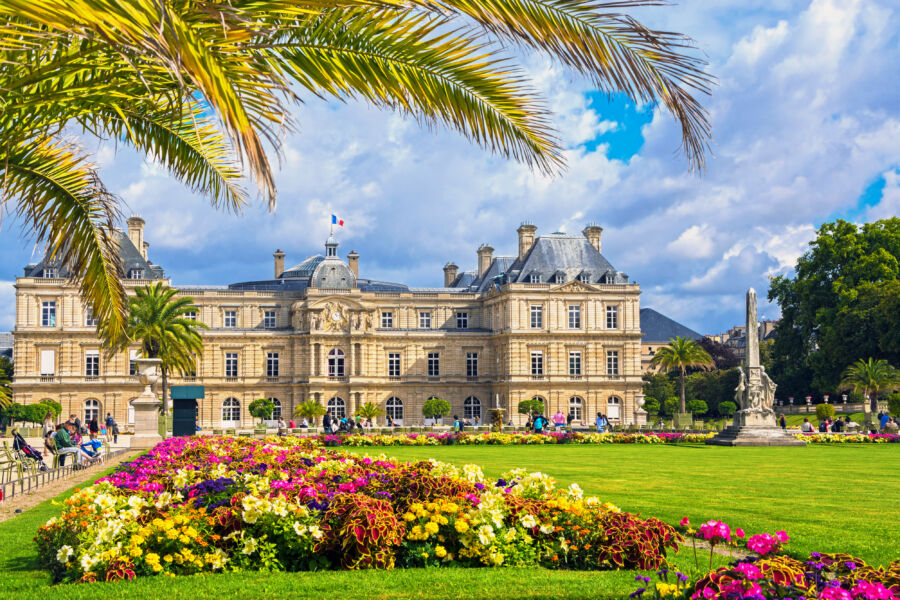
Paris and Milan both offer unique entertainment scenes that blend history, culture, and modern attractions. The cities provide distinct experiences for visitors seeking fun and excitement.
Fun in Paris
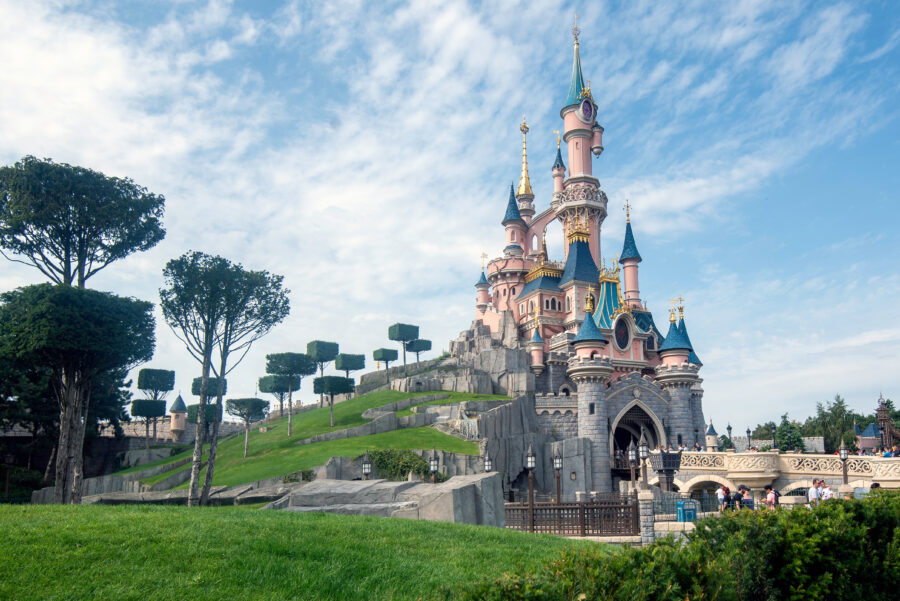
The iconic Disneyland Paris brings magic to life just outside the city center. This world-famous theme park attracts millions with its thrilling rides and beloved characters.
Paris lights up at night with spectacular shows and performances at famous venues like the Moulin Rouge and the Opéra Garnier. The cabaret shows mix dancing, music, and acrobatics in stunning historic settings.
The Luxembourg Gardens give visitors a peaceful spot to play chess, sail toy boats, or watch puppet shows. Street performers fill the Latin Quarter with music and entertainment.
Milan’s Entertainment Options
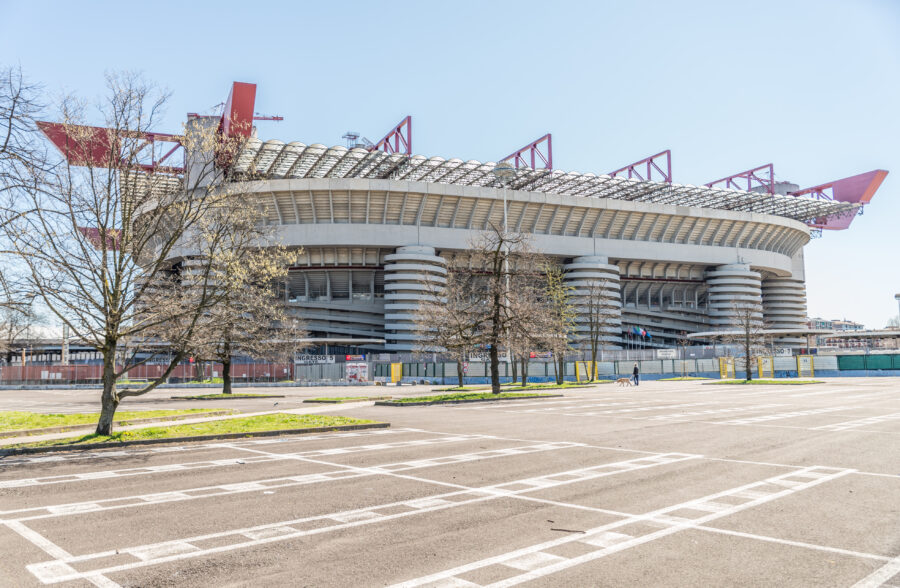
The San Siro stadium stands as Milan’s temple of soccer, hosting thrilling matches between AC Milan and Inter Milan. Sports fans can book guided tours to explore the stadium’s tunnels and museum.
Milan’s entertainment district, Navigli, comes alive at night with bars, live music venues, and comedy clubs along the historic canals. Street artists and performers add to the vibrant atmosphere.
The Piccolo Teatro stages world-class plays and performances. Art lovers enjoy evening events at museums and galleries that stay open late on specific nights.
Kids love the Idroscalo Park, known as Milan’s “sea,” where families can boat, swim, and enjoy outdoor movies in summer.
Travel and Accommodations

Getting between and around these fashion capitals requires smart planning. Each city offers unique transit options and diverse places to rest your head.
Staying in Paris
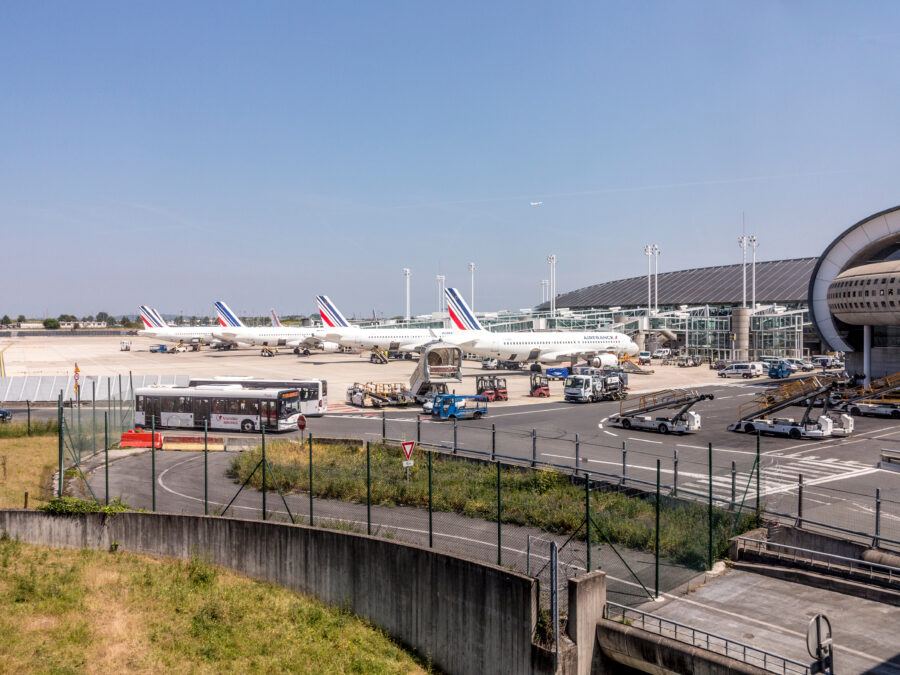
Paris has two main airports – Charles de Gaulle and Orly. The RER train connects both airports to central Paris in about 45 minutes. Most tourists prefer staying in central districts like Le Marais or Saint-Germain-des-Prés.
A typical 3-star hotel in Paris costs $150-250 per night. Boutique hotels near popular spots tend to be pricier. To find deals, search for cheap Paris hotels on travel sites.
The Metro system makes it simple to explore Paris. A single ticket costs €1.90, while a 5-day tourist pass runs about €38.50.
Milan’s Accommodation Choices
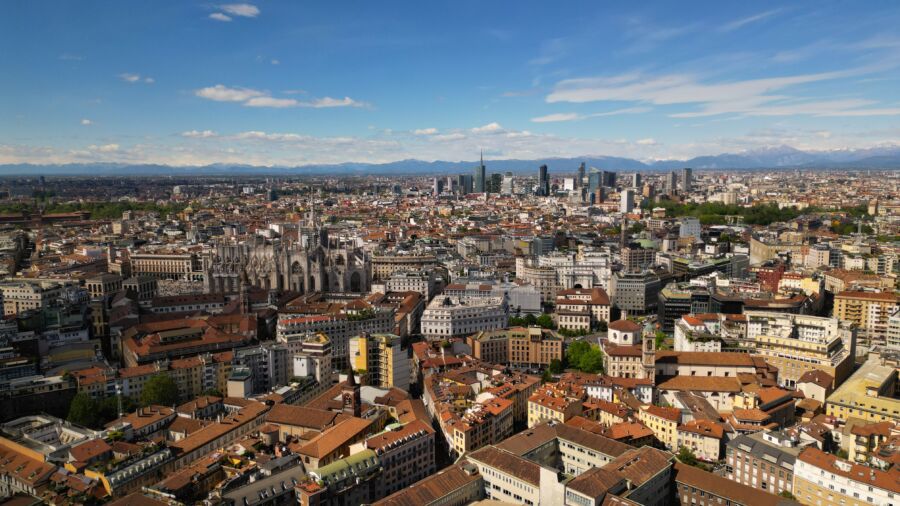
Milan also has two main airports – Malpensa and Linate. The Malpensa Express train reaches Milano Centrale station in 50 minutes. Most visitors stay near the Duomo or in the trendy Brera district.
Mid-range hotels in Milan typically charge $120-200 nightly. Book Milan accommodations early during Fashion Week when prices spike.
The Metro has 4 lines covering the main attractions. Single rides cost €2, and 48-hour tourist tickets are €8.25.
Taxis run on meters in both cities. Milan’s rates start lower than Paris’s, but both get expensive in traffic.
Walking and public transit provide the best value in these compact cities. Many top sights cluster in walkable central areas.
See Related: Paris vs Seoul: Surprising Differences Between These Iconic Cities
Cost of Living and Budgeting

Living costs between these two major European cities show notable differences, with Paris typically requiring about 9% more spending than Milan for a similar lifestyle.
Paris: Spending Smart
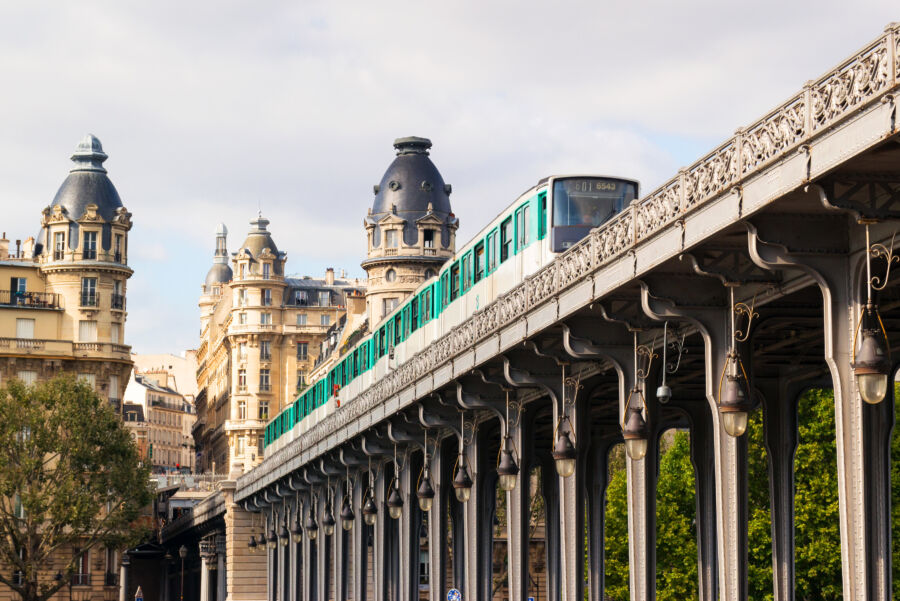
Daily expenses in Paris can add up fast. A basic dinner for two at a neighborhood restaurant costs around €51. Rent takes the biggest bite from any budget—expect to pay more in central Paris than in most Milan neighborhoods.
Smart money moves in Paris mean shopping at local markets like Marché d’Aligre where fresh produce costs less than supermarkets. Many museums offer free entry on the first Sunday of each month.
The Metro is your budget-friendly friend at €1.90 per ticket. Buy a 10-pack (carnet) to save money on transportation.
Budgeting for Milan

Milan’s cost advantages shine through in several areas. A similar dinner out runs about €49, while groceries and entertainment often cost less than in Paris.
Living costs in Milan require around €5,700 monthly to maintain a comfortable lifestyle. This includes rent, utilities, food, and some entertainment.
The city’s efficient public transport system helps keep costs down. In Paris, a monthly pass costs less than individual tickets.
Shopping at neighborhood markets like Viale Papiniano can save money on fresh food. Many Milan restaurants offer “aperitivo”—buying one drink includes access to a buffet of snacks and small plates.
Hidden Gems and Lesser-Known Attractions
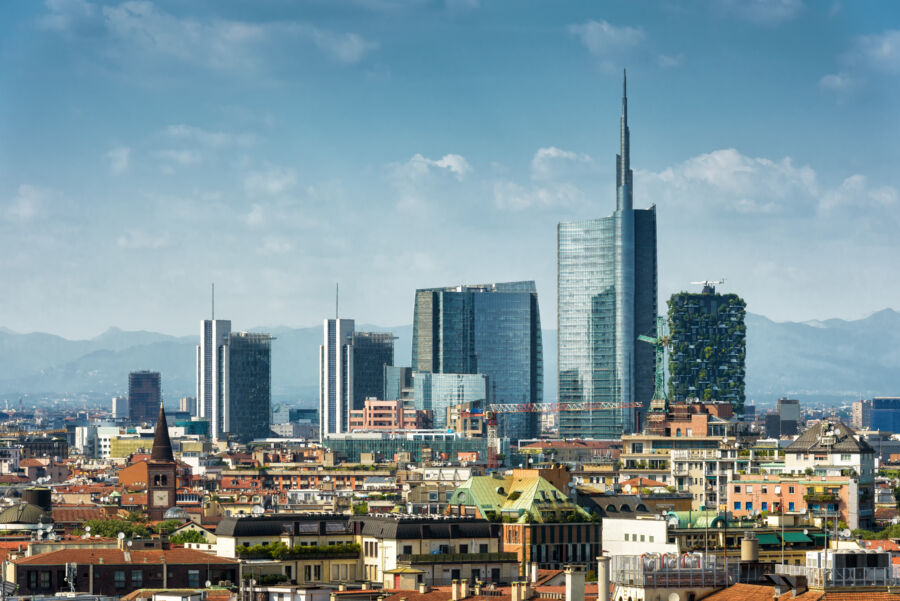
Both Paris and Milan hold secret treasures away from the tourist crowds, from tucked-away gardens to fascinating museums that locals love.
Paris Off the Beaten Path
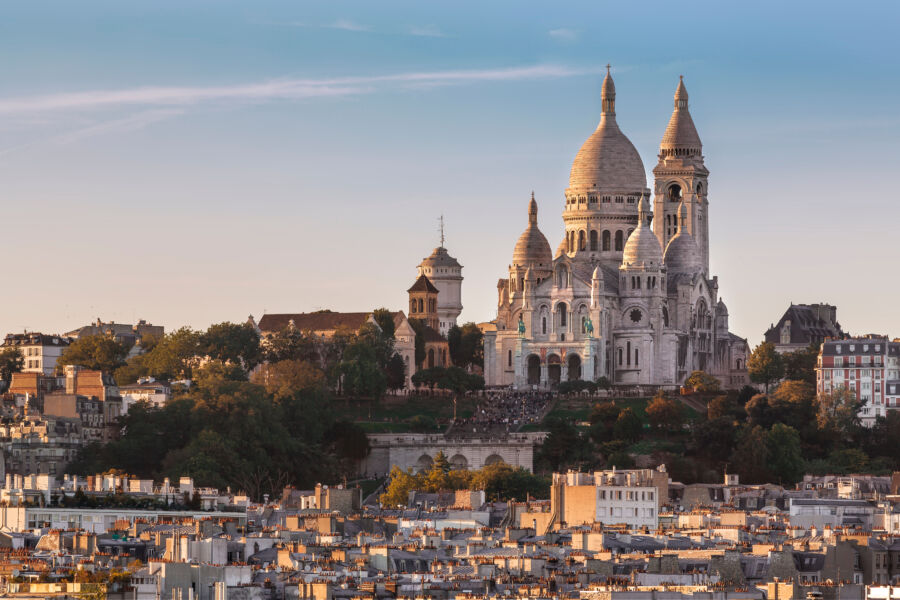
Skip the busy Louvre and head to quieter spots that showcase the city’s charm. The Montmartre district offers peaceful streets behind Sacré-Cœur where artists still paint in hidden squares.
Tiny cafes dot the narrow lanes of Le Marais, where you’ll find medieval architecture and small art galleries in converted mansions. The covered passages of Paris, built in the 1800s, feature gorgeous glass roofs and unique shops.
The Promenade Plantée lets you walk above the city on an old railway line turned garden path. Below ground, the Catacombs, with their less-visited tunnels, hold fascinating history.
Milan’s Undiscovered Spots
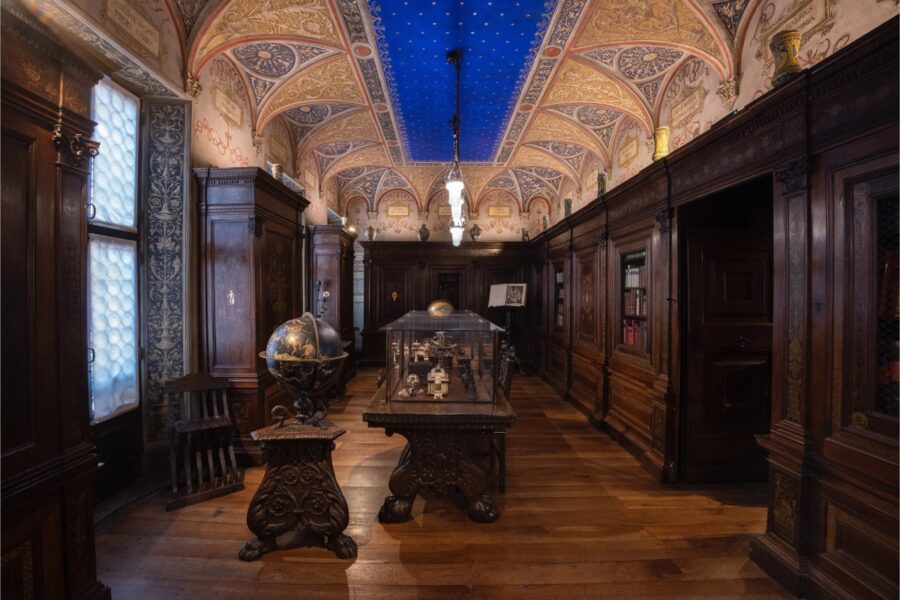
The Guastalla Gardens offer a peaceful escape from city life with baroque fountains and winding paths. Most tourists miss this green oasis near the city center.
The Bagatti Valsecchi Museum shows how Milan’s wealthy families lived in the 1800s. Its rooms hold stunning art collections in a real historic home setting.
Look for Leonardo da Vinci’s water locks (Chiuse) that still work today. These clever designs helped boats navigate Milan’s canals 500 years ago.
The Central Synagogue reveals beautiful Jewish architecture, while the hidden Fountain of the Tritons adds magic to a quiet square. These spots sit just steps from busy shopping streets but feel worlds away.
See Related: Paris vs Nice: Which French City Offers the Better Experience?
Frequently Asked Questions
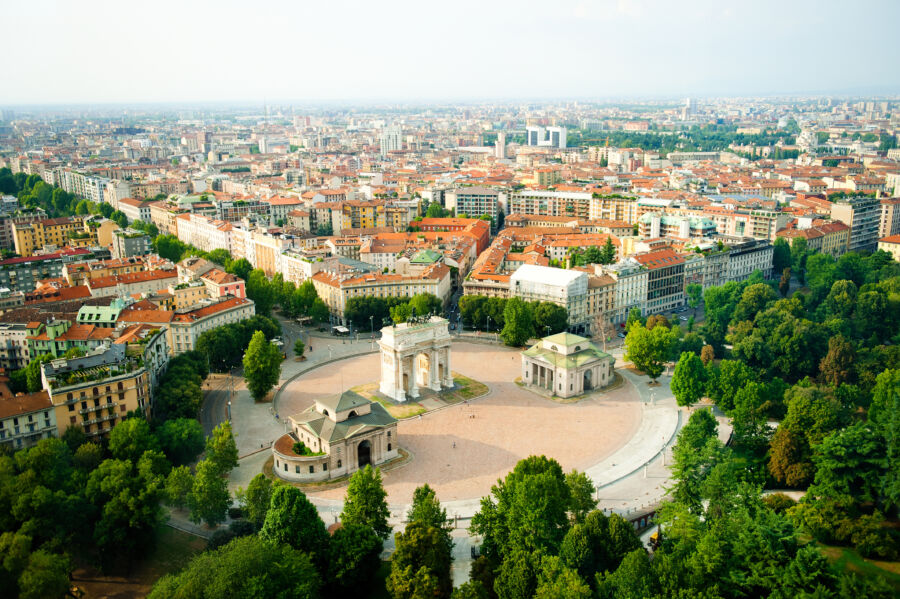
Paris and Milan stand as iconic European destinations, each with distinct characteristics in fashion, culture, and lifestyle that uniquely shape visitor experiences.
Which city, Paris or Milan, should I visit for a better fashion experience?
Both cities excel in fashion, but Milan takes the lead for luxury shopping and designer boutiques. The Quadrilatero della Moda district showcases the finest Italian fashion houses.
Paris shines with its haute couture heritage and famous shopping streets like Avenue Montaigne and Rue du Faubourg Saint-Honoré.
How does the cost of living compare between Paris and Milan?
Paris tends to be more expensive than Milan for tourists and residents alike. Housing, dining, and entertainment costs run higher in the French capital.
Milan offers more reasonable prices for accommodation and meals, though luxury shopping remains comparable between the two cities.
How do Paris and Milan differ in city size and population?
Paris spans a larger area and has roughly 2.2 million residents in its city center. The greater Paris metropolitan area houses about 12 million people.
Milan is more compact, with approximately 1.4 million inhabitants in the city proper and roughly 4 million in its metropolitan area.
Can you highlight the main differences in fashion culture between Paris and Milan?
Paris emphasizes elegance and classic style, with fashion deeply woven into daily life. Street style tends toward sophisticated minimalism.
Milan embraces bold, creative fashion statements. The city’s style culture focuses more on trendsetting and pushing boundaries in design.
Which city, Paris or Milan, boasts a more vibrant arts and cultural scene?
Paris leads with its wealth of museums, including the Louvre and Musée d’Orsay. The city hosts countless art galleries, theaters, and cultural events year-round.
Milan’s art scene centers around Leonardo da Vinci’s Last Supper and the Pinacoteca di Brera. The city excels in design and contemporary art exhibitions.
Is there a significant difference in travel expenses when comparing Paris to Milan?
Milan has cheaper train travel and public transport than Paris. Both cities offer museum passes to help tourists save money.
Hotel rates run about 20% higher in Paris. Restaurant meals also tend to cost more in Paris, especially in tourist areas.



